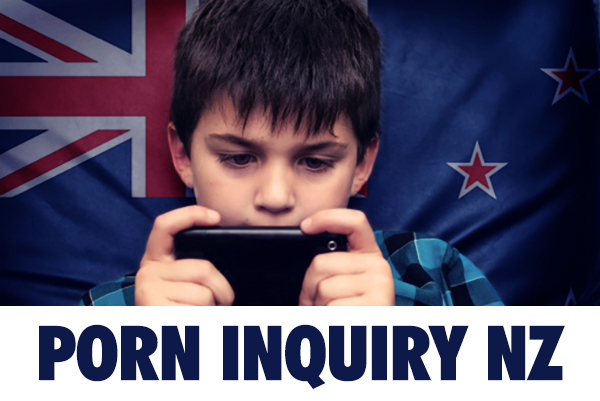Tackling Harms of Pornography Should Be High Priority
 We are welcoming the Government’s intention to tackle the harms of pornography, and are also continuing to call for a truly independent Expert Panel to investigate and provide solutions for families.
We are welcoming the Government’s intention to tackle the harms of pornography, and are also continuing to call for a truly independent Expert Panel to investigate and provide solutions for families.
We already know there’s a problem. It’s time for urgent solutions. The annual cost of sexual violence ($1.2 billion) warrants the one-off investment in a Expert Panel Inquiry,
Society is starting to catch up with the science on the harms of pornography. There has been an important national conversation around consent and ‘rape culture’. At the same time, there is increasing consumption and availability of online pornography and sexual violence. It’s time we connected the dots.
A truly independent Expert Panel would be able to process the huge amount of international and national research in this area on the effects on health, the complex and contentious nature of the harms of pornography, the balance between appropriate censorship v freedom of expression, the role and equipping of parents, and other issues that arise, to provide an achievable solution to this health issue based on credible expertise.
(A Select Committee has been considering a 22,334-written petition calling for “an expert panel be appointed to investigate the public health effects and societal harms of pornography to both children and adults, and to make policy recommendations to Parliament” which was presented over 18 months ago. The committee is yet to release their report!)
The Ministry of Health in its submission on the petition acknowledged that “the content of pornography has changed significantly over the last 20 years and has become more extreme, deviant and violent” and that “violence towards women and girls is depicted in 80% of online content. This has a variety of harmful impacts on children and young people’s sexual expectations, attitudes, and behaviour.” However, the Ministry admits that it hasn’t undertaken any research in the area of pornography but is supportive of the petition’s call.
In a 2017 poll of 750 people undertaken by Curia Market Research, it found:
- 81% say that Internet Providers should be required by the Government to offer filters to block pornographic materials.
- 70% say that Internet Providers should automatically block pornography unless the customer opts out by turning off a filter.
- 62% of adults say they have come across pornography online, when not seeking it out. 13% say this has happened often and 48% at least occasionally.
- 91% says that it is too easy for under 18s to access online pornography.
And a poll in January found strong support for cafes, libraries, and other public places which offer free Wi-Fi to be required to block access to pornographic websites. 79% said yes, 16% opposed the requirement, and 5% were unsure or refused to say. Strongest support came from females (86%), 18-40 year olds (85%), and parents (84%).
Family First is calling on immediate legislative support for families including:
- Online Public Areas Safety Bill: This bill would require all retail shops, schools, businesses and public areas which provide free Wi-Fi to the general public (and especially children) to ensure that the appropriate filtering from pornography is in place.
- Online Child Safety Bill: This bill would require ISP’s to provide or make available to all subscribers (parents) the technology which will allow the parents to monitor, control, supervise, block, and restrict their child’s access to the internet.
- Raising Awareness on the Harms of Pornography Bill: This bill would require education materials to be made available to parents, schools, and the general public – similar to alcohol and tobacco health warnings – regarding the public health risks and harms of pornography, its close link with sex trafficking, how parents can engage filters, and more.
- Government Accountability, Trust, & Etiquette (G.A.T.E) Bill: This bill would require government agencies to adopt policies which would prohibit users of government-owned devices (like laptops and cellphones) from accessing sexually explicit, pornographic, and sexually harassing material. It would also ensure that appropriate filters are in place in all government agencies and services.
If we want to tackle sexual violence, we must first admit the role that pornography plays and the harm that it does to attitudes and actions..






